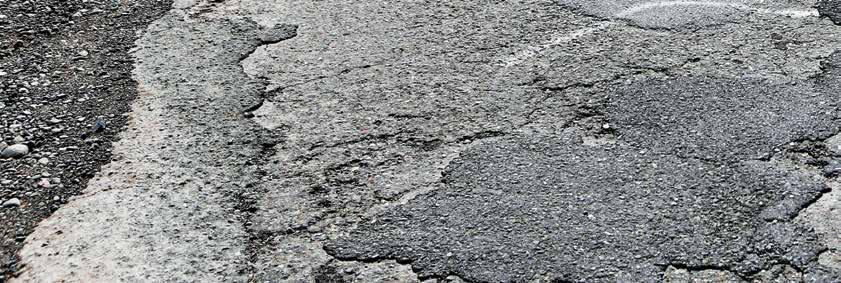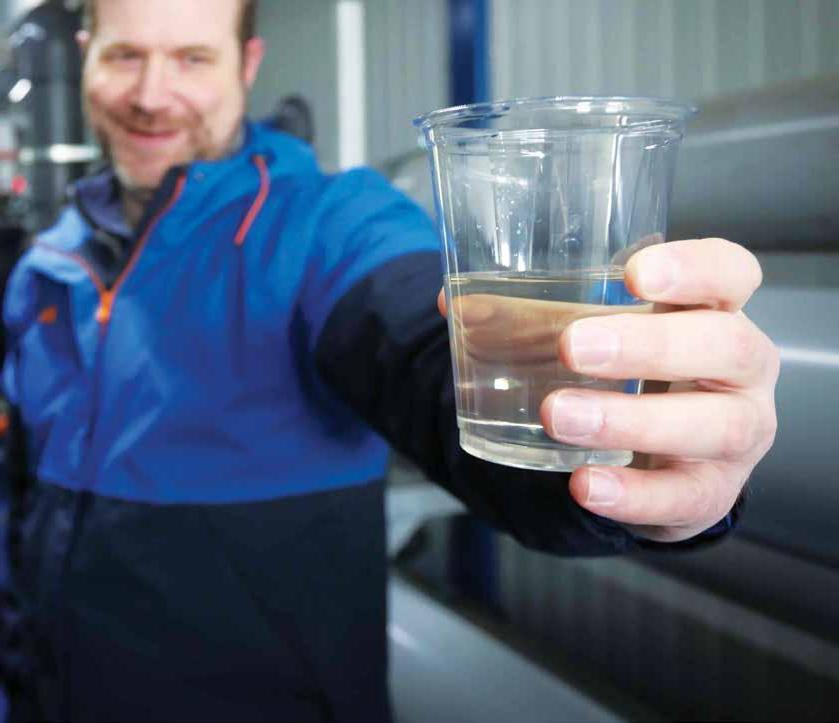With this in mind, there are four main legal grounds for potential liability that manufacturers must consider: workplace safety & health, negligence, human rights, and privacy rights.
Workplace Safety & Health Both employers and employees have an obligation to ensure the health and safety of their workplace under workplace safety and health legislation. Apart from specific legislated requirements applicable to the specific industry, these obligations include taking reasonable steps to protect employees from a contagious disease such as COVID-19. Employers have the ability to control some aspects of that environment, and the inability to control others. Manufacturers are required to do what they reasonably can regarding what they can control. For example, this would include creating barriers between workstations, requiring masks, mandating frequent hand washing, disinfecting high traffic areas, and controlling how people move, interact, and gather. These should sound familiar this far into a global pandemic and are common sense for many, but for manufacturers this is more than common sense, they are legal requirements. It's your responsibility to ensure there are protocols in place, your staff are aware of those protocols, they are required to follow these protocols, and there are disciplinary consequences for failing to do so.
Review & update What we know about COVID-19 is changing, and so best practice is that your policies are reviewed and updated regularly as our knowledge changes, because you clearly would not be taking reasonable steps if your policies were based on outdated knowledge. Employees
need to be trained on and informed of those evolving policies, which should be in written form and readily available for employees to reference in an easy to access place. Under workplace safety and health legislation, workers have the right to refuse work they reasonably believe constitutes a danger to their safety and health, or that of another person should they perform the task. This includes a disease like COVID-19. If these concerns are raised by an employee, manufacturers have the legal responsibility to treat the objection like they would an objection to any other workplace hazard. The consequences for failing to ensure a safe workplace can be significant. In Manitoba, for example, an inspection officer can impose improvement or stopwork orders, and prosecution for offences can lead to fines for a first offence of not more than $250,000, in the case of a continuing offence, to a further fine not exceeding $25,000 for each day during which the offence continues, and for a second or subsequent offence up to double that. The Workers Compensation Board of Manitoba requires that workplace injuries resulting in time missed from work or certain medical treatment be reported within five business days. It's not always clear when a case of COVID-19 may be work-related, but if it is, it must be reported within that timeline. The Workers Compensation Board will consider each claim on a case-by-case basis to determine if a worker contracted the virus as a result of an exposure arising during the course of their employment.
Human Rights If an employer is actually or should be aware of any particular physical or mental vulnerability (whether COVID-19related or otherwise), or perceives one,
Employers have the ability to control some aspects of that environment, and the inability to control others. Manufacturers are required to do what they reasonably can regarding what they can control.
18
Prairie Manufacturer Magazine • Winter 2020



